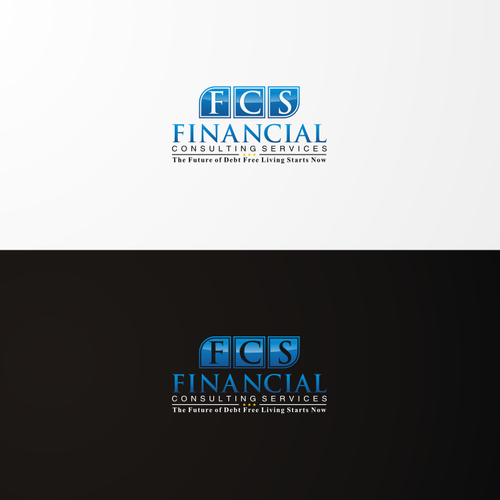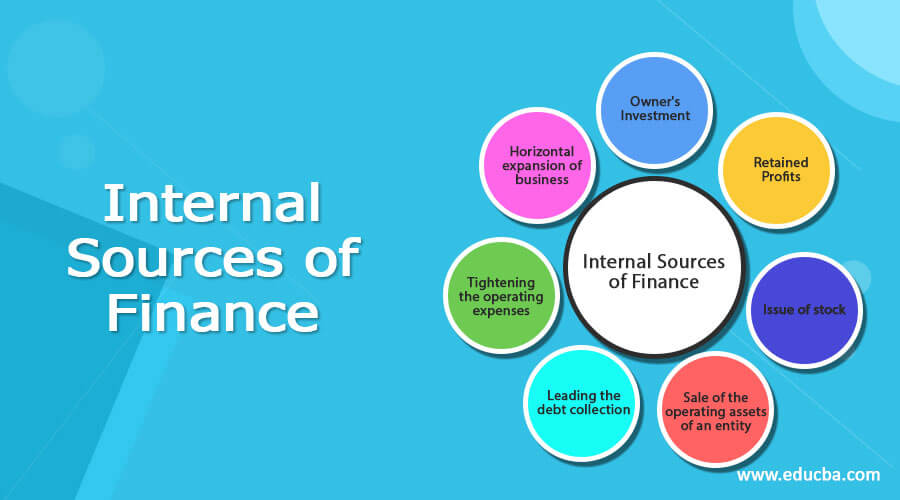
Accounting for software-as-a-service businesses involves a number of important considerations. Revenue recognition and cost management must be done correctly. G&A expenses should also be recorded to ensure they don't eat into net operating earnings. To accomplish this task, you can use bookkeeping software like QuickBooks. It is easy to use and flexible, making it a great choice in SaaS startups.
Accounting for software-as-a-service companies
Accounting for software as a service (SaaS), company accounts requires special considerations. These companies need to monitor multiple payment channels, understand and plan for tax season. Fortunately, there are several solutions for SaaS companies. Some solutions are tailored specifically for SaaS company, while some are more general-purpose.
SaaS providers frequently have a distributed workforce with operations in different states. This can make taxation complicated. Although these services are generally not subject to tax in most states (most), SaaS providers are still subject the state sales tax rules. SaaS providers will require an experienced accounting team to manage these issues. Importantly, you should know that taxation has a complicated area and can carry severe penalties if it isn't done properly.

SaaS businesses should be able to report their revenue using the Generally accepted accounting principles (GAAP). This standardizes business accounting procedures across industries and improves transparency. For SaaS companies, cash basis accounting is not recommended. For SaaS companies and larger businesses that depend on subscription income, it is better to use accrual-based Accounting. GAAP compliance is also beneficial for financial analysis and forecasting.
Revenue recognition
SaaS companies have unique requirements for revenue recognition. Revenue is generally recognized after a contract has been signed and the customer has paid for the product. This revenue is then transferred into the income statement and the balance sheet. GAAP accounting principles must be followed by companies to properly classify revenues. SaaS businesses must also be aware and comply with their disclosure requirements.
SaaS companies may have difficulty recognising revenue because some elements of the product can be customized at the time of an arrangement. Additionally, the customer may not actually possess the software during the hosting period. SaaS companies have a more complex revenue recognition process than other types of services.
SaaS companies need to define customer classes and then recognize the revenue. This will make it easier for them to recognize revenue. Company J might offer $2,000 for a six month consulting service. This revenue can be recognized separately from other types services. Additionally, how the service is delivered may influence the revenue recognition process.

Costs
SaaS prices can vary greatly and are often not obvious. SaaS services often have ongoing integration and upfront costs. This could mean that you are stuck paying vendor rates if your budget is not sufficient. For this reason, it's important to understand your own needs before making a decision.
SaaS operating expenses are typically divided into three main categories: sales and marketing, research and design, and general and administrative. SaaS companies invest 48% of their revenues in sales & marketing. As they build a market and develop systems to support their software, this cost could be higher for SaaS companies in the early stages.
Costs of SaaS depend on the type of software and how complex it is. Complex features are more time-consuming to develop and can lead to errors. Additionally, product size can impact cost. A small SaaS product might only require a few basic features but could run into $300,000. If it is too complex, it could be costly to build. It is possible to save money on development by creating a minimum viable version (MVP).
FAQ
How do I set up an LLC to consult?
You must first figure out what you want to do as a service provider. The next step is to ensure that you're qualified for the services you offer. You might find someone who does the same thing you are interested in and learn from them.
Once you know your product/service, you should start looking for the right market. If you don't have enough, you might need to create them.
You then have to decide whether or not you want to open your own company, or hire other people to do it.
Another option is to get a state license. This requires a lot of paperwork and legal fees.
How did modern consulting come to be?
Consultants were originally accountants who could help companies manage their financial affairs. Their skills in managing financial information led to them being called "accounting consultant". But, their role soon expanded to other areas such as human resource management.
The French word meaning "to advise" in French is what gave rise to the term "consultant". This term was originally used by businessmen to denote someone who could give guidance on how to run an enterprise. Even today, many business owners still use "consultant" when referring to professional advisors.
How do I choose the right consultant?
There are three main things to keep in mind:
-
Experience - How many years of experience is this consultant? Are they a beginner, intermediate, expert, or some other level? Does her resume demonstrate that she has the required skills and knowledge
-
Education – What did this person learn at school? Did he/she go on to further education after graduation? Is there evidence that he/she learned from the writing style?
-
Personality - How do we feel about this person? Would we prefer him/her working for us?
-
These questions can help you determine whether the consultant is right for your needs. If you do not have the answer, it is worth interviewing the candidate to find out more.
What is the cost of hiring a consultant?
There are many factors that go into the cost of hiring a consultant. These factors include:
-
Project size
-
Time frame
-
Scope of work
-
Fees
-
Deliverables
-
Other factors such as location and experience are also important.
What qualifications do you require to become a Consultant?
It doesn't suffice to hold an MBA. You also need to be able and willing to work as a business advisor. You should have at least two years of experience in consulting and/or training for a major company.
Your experience in strategy development projects requires that you work closely with senior managers. This means you'd have to be comfortable presenting ideas to clients and getting buy-in.
You will also need to pass a professional qualification test such as the Chartered Management Institute Certified Management Consultant certification (CMC).
Who hires consultants
Many companies hire consultants to help with their projects. These consultants can be found in small and large businesses as well as government agencies, universities, educational institutions, non-profits, and education institutions.
Some consultants work directly with these organizations while others freelance. The hiring process for both cases varies depending upon the project's size and complexity.
When hiring consultants, you will probably go through several rounds of interviews before choosing the person you think would be best suited for the position.
Statistics
- On average, your program increases the sales team's performance by 33%. (consultingsuccess.com)
- WHY choose me: Why your ideal client should choose you (ex: 10 years of experience and 6-week program has helped over 20 clients boost their sales by an average of 33% in 6 months). (consultingsuccess.com)
- So, if you help your clients increase their sales by 33%, then use a word like “revolution” instead of “increase.” (consultingsuccess.com)
- Over 62% of consultants were dissatisfied with their former jobs before starting their consulting business. (consultingsuccess.com)
- According to statistics from the ONS, the UK has around 300,000 consultants, of which around 63,000 professionals work as management consultants. (consultancy.uk)
External Links
How To
How to Start a Consultancy Company and What Should I Do First
A consulting business is a great way of making money online. It doesn't require any prior business experience nor capital. It is possible to create a website to launch your consulting business. After you have built a website, social media platforms such Instagram, Pinterest and LinkedIn will be useful to spread the word about your services.
These tools allow you to make a marketing program that includes the following:
-
Creating content (blogs)
-
Establishing relationships (contacts).
-
Generating leads, also known as lead generation forms
-
Selling products (eCommerce websites)
Once you've developed your marketing strategy, you'll need to find clients who will pay for your services. Some prefer to connect with people through networking events. Others prefer to use online resources like Craigslist and Kijiji. You have the freedom to choose.
After you have found new clients, it's important to discuss terms and payment options. This could include flat fee contracts, hourly fees or retainer agreements. It's important to know what you expect before accepting a client so you can communicate clearly throughout the process.
An hourly agreement is the most common contract for a consulting service. This contract allows you to pay a fixed amount each week or month for certain services. Based on the service you provide, you might be able to negotiate a discount based on the length of your contract. When you sign a contract, make sure you fully understand it.
Next, create invoices and then send them to clients. Invoicing can be a complicated task until you actually attempt it. There are many options for invoices to be sent to your clients. You can choose to have your invoices sent directly to your clients or to print them and send them. Whatever your preferred method, make sure it works well for you.
After you've created your invoices, you can collect payments. PayPal is preferred by most because it is easy-to-use and offers multiple payment options. Other payment processors such as Square Cash. Google Wallet. Apple Pay. Venmo.
Once you're ready to begin collecting payments, you'll want to set up bank accounts. You can keep separate checking and savings accounts to track income as well as expenses. It is also a good idea to set up automatic transfers into your bank account for paying bills.
Although it can seem daunting when you first start a business as a consultant, once you get the hang of it, it will become second nature. You can read our blog post to learn more about how to start a consultancy business.
It's a great way for extra income without having to worry about hiring employees. Many consultants work remotely. They don't have any need to deal with office politics, long hours or office politics. Being able to work remotely allows you more freedom than traditional employees.